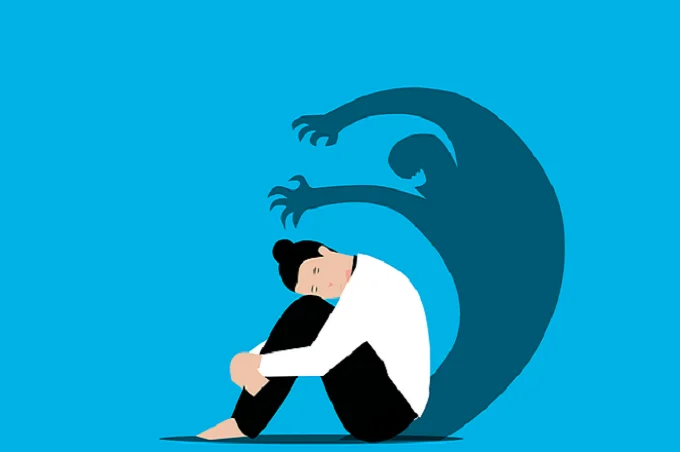Hypochondria: symptoms, causes and how to deal with Health Anxiety

Hypochondriacs are those who are always afraid of becoming ill. We all desire to live a healthy lifestyle. Particularly at this time, when the whole nation is dealing with the coronavirus and its implications. On the other hand, ordinary self-care may sometimes devolve into true insanity. In the content, you may learn more about this occurrence and how to cope with it.
What are the symptoms of hypochondria?
Hypochondria is when a person misinterprets even small bodily sickness or changes as a significant disease. Simultaneously, the persistent tension and sensations brought on by hypochondria degrade life quality and make it harder to enjoy it.
Hypochondriacs see any symptom as an indication of a dangerous illness. Hypochondriacs spend a lot of time and money on numerous exams and tests due to their persistent dread of contracting a major disease. Even when the findings are positive, some people cannot relax. This has an impact on a person’s emotions and mental condition if he is unduly anxious about his health. To get the latest stories, install our app here
Causes of hypochondria
Hypochondria is most often shown in worried, picky persons. Experts think that depression may lead to the development of psycho-emotional illnesses. Because hypochondriacs seldom see the physical symptoms of their conditions, they blame themselves for poorly understood diseases and are difficult to diagnose. Hypochondria may be caused by a variety of factors, including:
- Schizophrenia is the first stage of delusional diseases:
- a problem with the cerebral cortex;
- Suspicion, as well as a propensity for self-persuasion;
- heightened emotional reactivity to environmental stimuli.
In addition, persons who spend too much time reading periodicals and watching TV are more likely to develop hypochondria. This is particularly true now since the world health crisis is one of the most prominent topics in the news. To get the latest stories, install our app here
How to deal with hypochondria
If you don’t attempt to deal with hypochondria’s symptoms, it may lead to major implications and very genuine mental disease over time. The sickness, however, may be conquered if you collect your strength and devise a clear plan of action. Here are some suggestions for dealing with hypochondria and its symptoms.
1. Seek the advice of a professional
Perhaps your hypochondria stems from self-doubt or a desire to draw attention to yourself. Hypochondria may also be a sign of depression or other psychiatric conditions.
In this scenario, consulting with a reputable psychotherapist would be beneficial. He’ll work with you to figure out what’s causing your hypochondria and offer ways to deal with it.
2. Find out which feelings in your body are natural and which are not
Hypochondria may also be caused by a misinterpretation of one’s sensations and a lack of knowledge of the body’s activities. To avoid being alarmed by unexpected bodily feelings that might occur regularly, you should strive to study as much about human physiology as possible. This will allow you to explore further into the subject and have a greater understanding of your body’s messages. To get the latest stories, install our app here
Attempt to learn more scientific facts about how our bodies work. Whether you’re experiencing strange emotions, ask your friends and family if they’ve experienced anything similar and, if so, what triggered them. If your issue is causing you a lot of concern and agony, you should seek professional care.
3. Learn to pay attention to anything other than your body’s feelings
You might fall into the trap of hypochondria if you are constantly examining your health. Of course, one should not neglect one’s health or disregard warning signs. However, concentrating most of your time on the physique isn’t worth it. During the day, try to dedicate as much time as possible to more practical and engaging activities.
Find new activities, spend more time with friends, and focus on your career. This will assist you in breaking out of a sad condition and concentrating on the positive aspects of life rather than the negative aspects. To get the latest stories, install our app here
4. Spend less time reading pseudoscientific stuff on the internet
To deal with hypochondria, you must stop reading untrustworthy, incompletely vetted material on numerous websites. If you are continually engrossed in researching innumerable disorders, it will only worsen the problem. Try to improve your critical thinking skills, filter the information you get, and avoid being misled. To get the latest stories, install our app here
5. Improve your health
Meditation, yoga, sports, and a good diet all greatly impact our physical well-being while also aiding in the management of hypochondria symptoms. You’ll have less cause to fear your body is breaking down if you maintain a healthy level of physical exercise and strive to eat properly.




